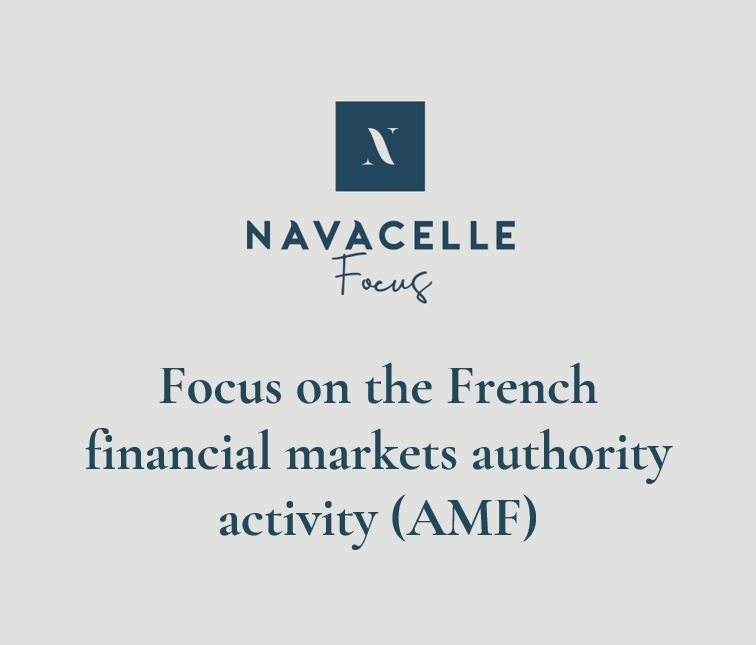On June 12, 2019, Egyptian President Abdel-Fattah El-Sisi inaugurated the first African Anti-Corruption Forum in Sharm El-Sheikh, in Egypt. This forum stress expansion of compliance globally. Thanks to it becoming a financial liability, ethics is widespread throughout the world.
It is common nowadays for international companies to require transparency and compliance guarantees from contractors before signing contracts in order to avoid enforcement from the other side of the world. African and Middle Eastern companies are compelled to follow suit.
In his opening session’s speech, the Egyptian president emphasized the importance of tackling corruption. He stated that “corruption is a lesion gnawing at the economics of the states”, “loss of resources due to corruption is the main reason for the decline of African countries’ economy”.
Indeed, as stated by the United Nations (“UN”) Economic Commission for Africa, Africa loses $148 billion annually to corruption1 and according to the president of the Association of African Anti-Corruption Authorities Emmanuel Ollita Ondongo, “[c]orruption leads to negative consequences such as impoverishment of peoples that results in their immigration”2.
Egyptian legal framework
Egypt has put in place a legal framework to prevent and fight corruption. In 2004, Egypt ratified the UN Convention against Transitional Organized Crime3 and in 2005, the UN Convention Against Corruption UNCAC4. In 2014, Egypt became a state party in the Arab League pan-Arab anti-corruption instruments, the Arab Convention to Fight Corruption5.
Egypt has also implemented institutional reforms and deepened its partnerships with the European Union (“EU”) and the UN on anti-corruption and anti-money laundering6 7.
In line with international development, Egypt made considerable legislative progress8. Egypt has implemented all these obligations in its national law. Articles 103 to 111 of the Egyptian Criminal Code now contain provisions sanctioning corruption. 9 10
Furthermore, on January 25, 2018, article 106 (bis) (B) and the second paragraph to article 111 of Egypt’s Criminal Code sanction corruption of a public foreign or international official came into force. These articles support the extension of Egyptian jurisdiction over international transactions and demonstrate that similarly to U.S., English or French law, Egyptian law extends its rationae materiae jurisdiction to misconduct of foreign officials11.
These advancements highlight the desire of the country to bridge the gap between its legal system and the international movement.
Lack of practical implementation
During the past years, Egypt strengthened its measures to fight corruption. However, all research indicates that there is substantive ground yet to cover in the fight against corruption. 12 13
According to studies, it appears that the Egyptian anti-corruption system is ineffective14. Emmanuel Ollita Ondongo explained that despite a framework of anti-corruption regulation and laws, no implementation in practice has followed15. Very few convictions have been issued on the ground of anti-corruption in Egyptian courts16.
Egyptian and African companies will thereby need support to comply with national and international anti-corruption provisions in order to remain competitive17.














